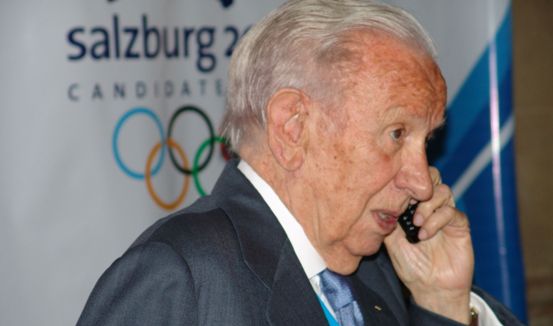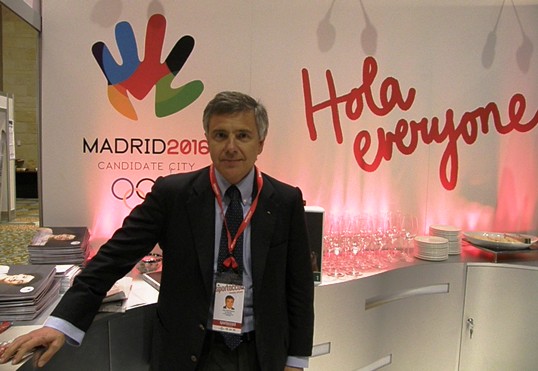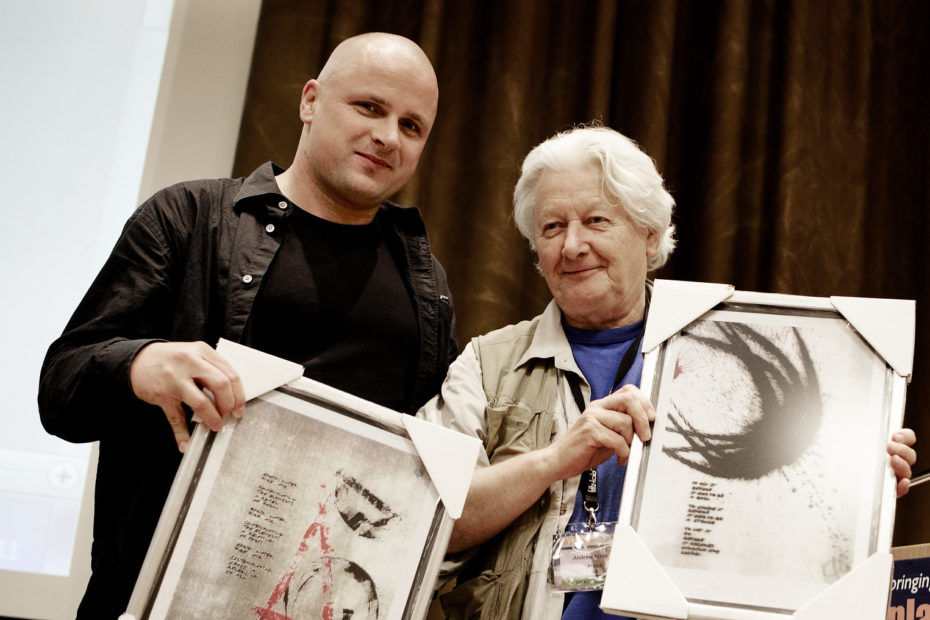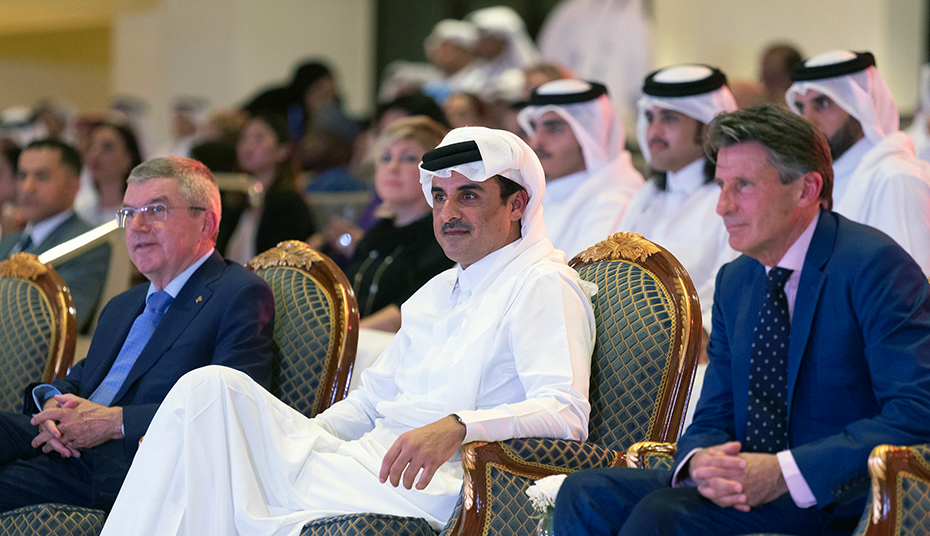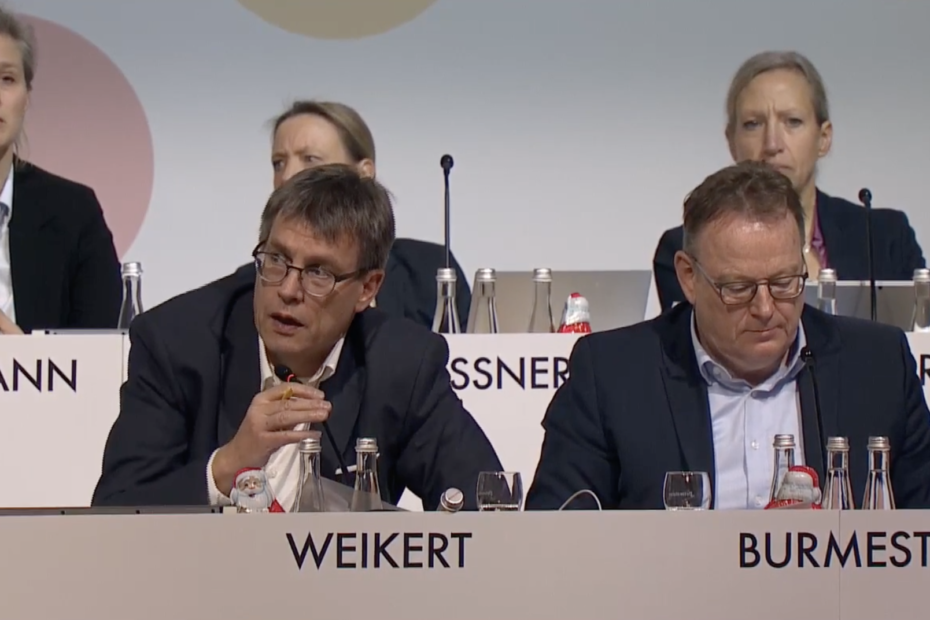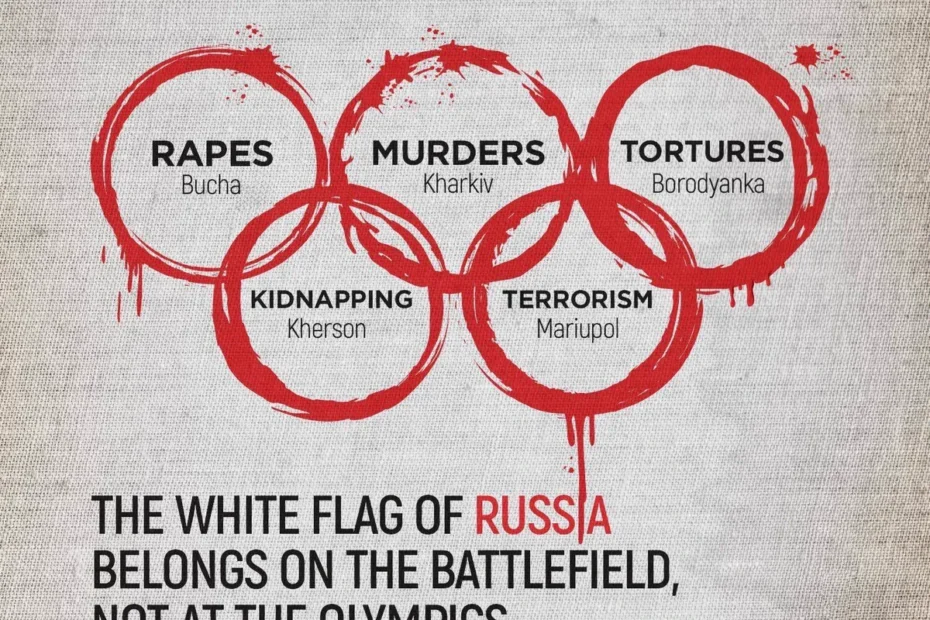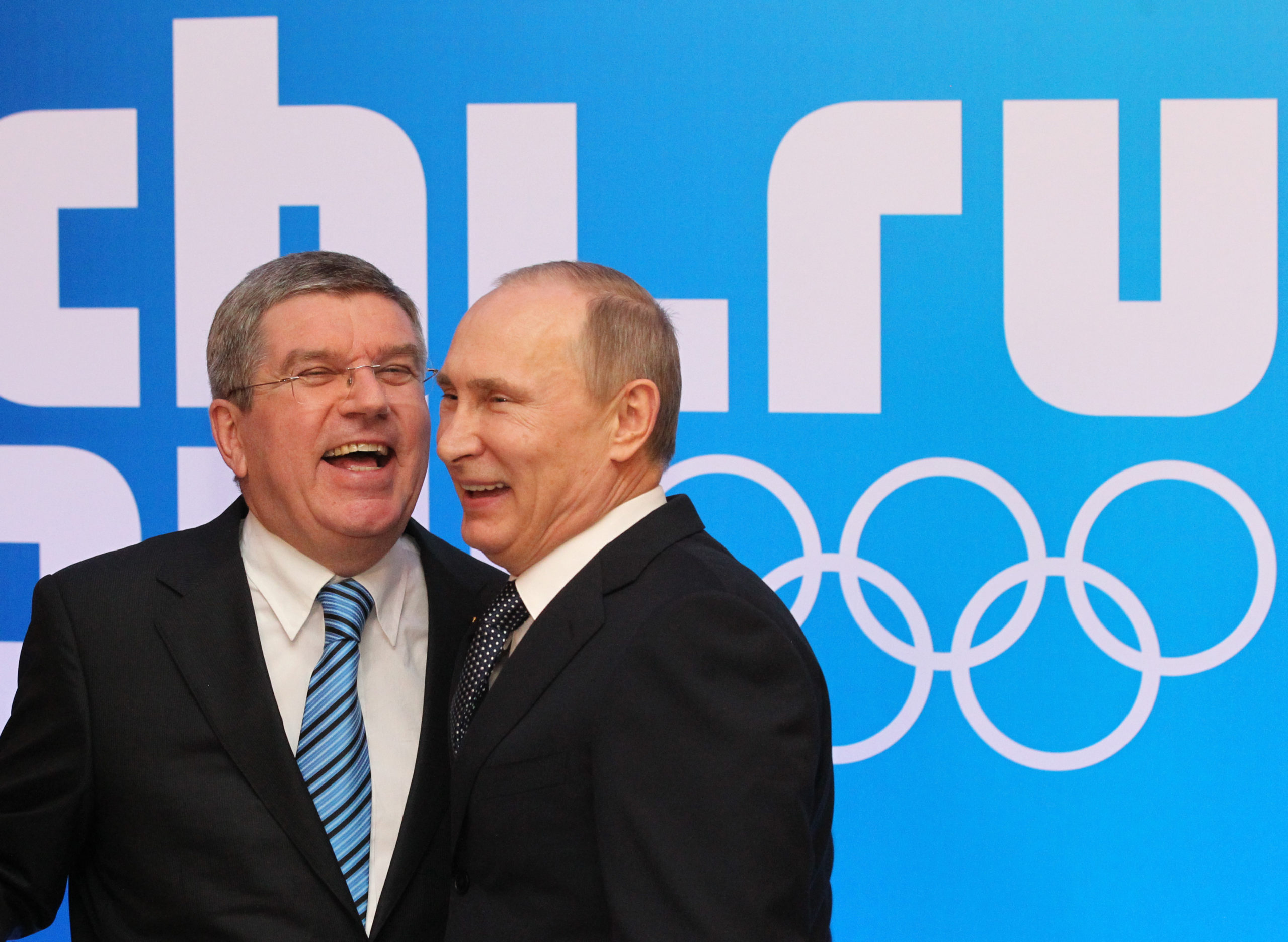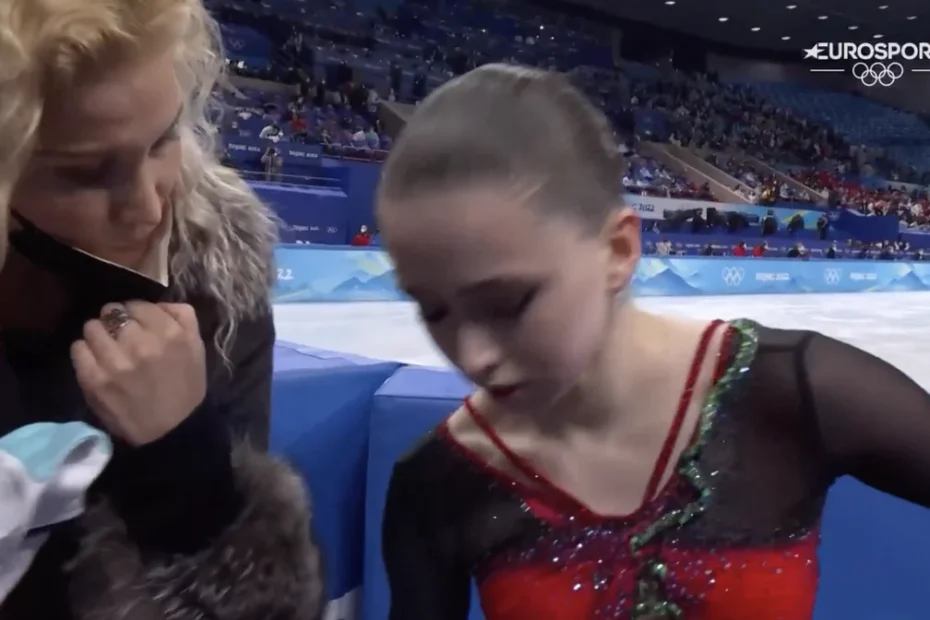Einige Anmerkungen zur gestrigen Erklärung des DOSB-Präsidiums unter der Überschrift:
DOSB WEITERHIN FÜR AUSSCHLUSS RUSSISCHER UND BELARUSSISCHER ATHLET*INNEN
Die Versalien sind nicht von mir, sondern Original.
Das DOSB-Präsidium traf sich in Hannover. Dort tagte am Freitag auch die Vollversammlung der Landessportbünde (LSB). Zu keiner der beiden Veranstaltungen, vielleicht gab es rundherum weitere, kenne ich eine Presse-Einladung. Ich glaube auch nicht, dass in irgendeinem Spam-Filter etwas hängen geblieben ist. Selbst wenn das diesmal der Fall gewesen sein sollte, für Nicht-Medienschaffende als Hintergrund, der immer wichtiger wird:
Es ist grundsätzlich so, dass Sport-Institutionen und Sport-Konzerne inzwischen nicht mal mehr dauerhaft rechtzeitig Tagungstermine veröffentlichen, meistens auf Presse-Einladungen verzichten und immer seltener Medienvertreter zulassen.
Das kennt man u.a. vom Internationalen Olympischen Komitee (IOC), wo man unter dem DOSB-Ehrenpräsidenten Thomas Bach (FDP) und dem ehemaligen DOSB-Pressesprecher und aktuellen IOC-Propagandadirektor Christian Klaue dazu überging, selbst zu Exekutivsitzungen keine Medienbereiche und Präsenz-Pressekonferenzen anzubieten. (Mal schauen, wie das zur Sitzung übernächste Woche sein wird: bislang keinerlei Ankündigung dazu.) Das war ein schleichender aber konsequenter Prozess. Medienvertreter stören. Im IOC-Hauptquartier (egal in welcher Form dort, ob im alten kleinen Gebäude, dem großen Anbau oder dem aktuellen Prachtbau) war es gut ein Jahrhundert so, dass man sich bei Sitzungen relativ gut bewegen und meist problemlos die IOC-Gottheiten kontaktieren konnte. Selbst unter Juan Antonio Samaranch (†) war das nie ein wirkliches Problem, da fand sich immer irgendein Arbeitsraum für Reporter, unter Jacques Rogge (†) erst recht nicht. Unter Bach ist alles anders. Hätte es unter Samaranch eine derartige Aussperrung und Berufsausübungs-Verhinderung von Journalisten gegeben wie unter Bach, wäre der sogenannte IOC-Bestechungsskandal um Salt Lake City vielleicht nie zu einem weltumspannenden und die Existenz des IOC bedrohenden Skandal geworden. Denn dann hätte Marc Hodler (†), der damals ein bisschen aus dem Nähkästchen geplaudert hatte (olympische Bildung, so wichtig), im Dezember 1998 bei der traditionellen vorweihnachtlichen Exekutivsitzung nie von Journalisten angesprochen werden können. Sehr simpel. Historisch korrekte Darstellung von mir, die das Problem bestens illustriert. Bach und sein Büttel Klaue wollen Kontakte und damit Betriebsunfälle vermeiden. War vor Corona manchmal noch möglich, einmal auch im neuen Prunkbau, seither kaum noch.
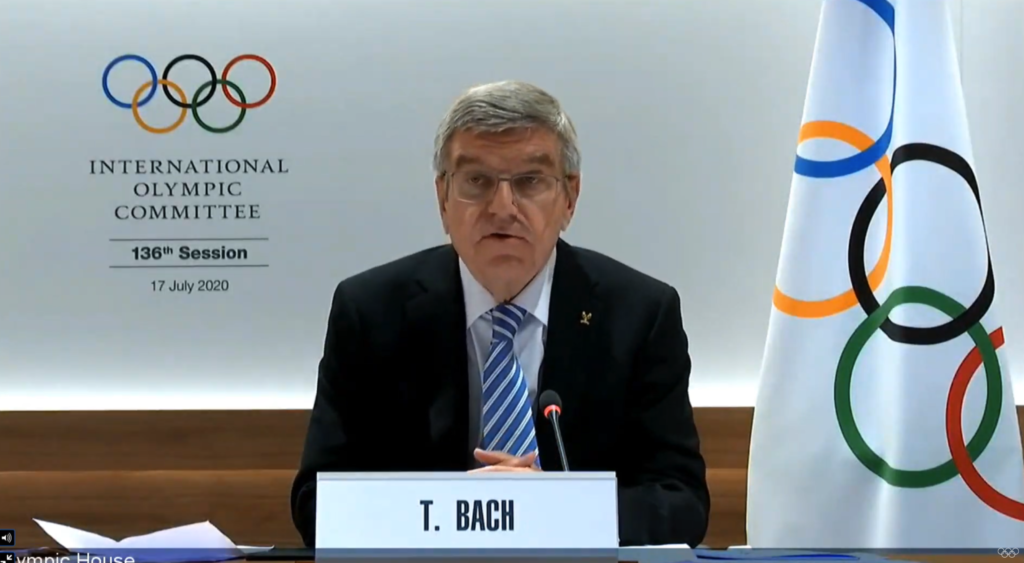

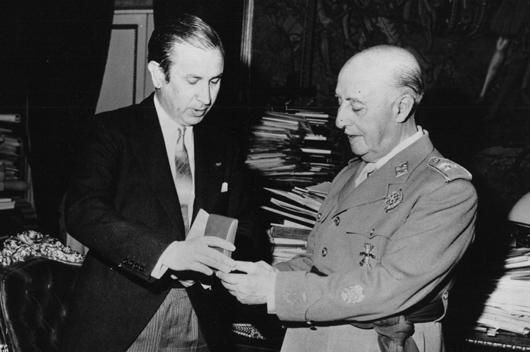 Juan Antonio Samaranch, Francisco Franco (c) democracyanddignityinsport.cat[/caption]
Juan Antonio Samaranch, Francisco Franco (c) democracyanddignityinsport.cat[/caption]
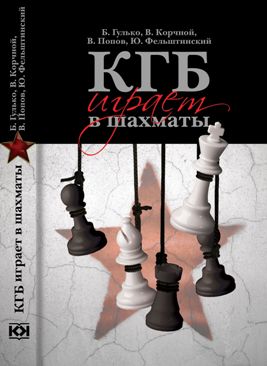 Die russische Ausgabe, Juri Felschtinski et al.: „KGB igrajet w schachmatui“[/caption]
Die russische Ausgabe, Juri Felschtinski et al.: „KGB igrajet w schachmatui“[/caption]
